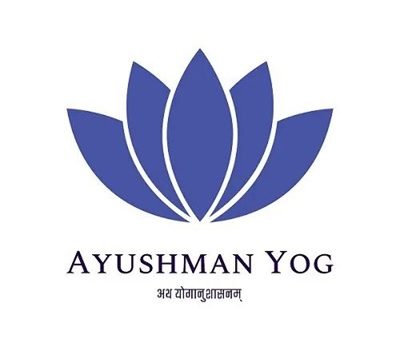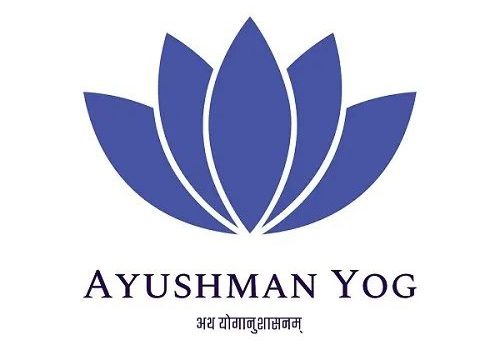In the world of yoga, the path to becoming a certified instructor is a transformative journey filled with self-discovery, growth, and a deepening understanding of this ancient practice. Yoga Teacher Training Courses (TTC) offer aspiring yogis the opportunity to not only learn the art of teaching yoga but also to embark on a profound personal voyage. However, as one immerses oneself in the teachings and responsibilities of instructing, it’s easy to neglect a crucial aspect—self-care. In this article, we will explore the delicate balance between personal growth and teaching commitments in the context of online Yoga TTC, with a special focus on how platforms like Ayushman Yog prioritize holistic well-being.
The Demand for Excellence in Yoga Instruction
Becoming a certified yoga instructor is a noble pursuit, one that demands dedication and commitment. In the TTC journey, students delve into the physical, mental, and spiritual dimensions of yoga. They learn about asanas (yoga postures), pranayama (breath control), meditation, yoga philosophy, and much more. It’s an intensive program that equips them with the knowledge and skills to guide others on their yoga path.
However, the commitment to excellence in teaching should not overshadow the commitment to self-care. The demanding nature of teaching can take a toll on instructors, both physically and mentally if they neglect their own well-being.
The Role of Ayushman Yog in Holistic Well-Being
Ayushman Yog, a leading platform for online Yoga TTC, recognizes the significance of self-care in the journey of yoga instructors. Their holistic approach to education encompasses not only the technical aspects of yoga but also the cultivation of a balanced and healthy lifestyle. This includes a strong emphasis on self-care practices that students can integrate into their daily lives.
Self-Care Practices Integrated into Ayushman Yog’s Curriculum
Ayushman Yog integrates self-care practices into its curriculum, emphasizing their importance as an integral part of a yoga instructor’s journey. Here are some of the self-care aspects they focus on:
1. Mindfulness and Meditation: Ayushman Yog guides its students in cultivating mindfulness and meditation practices. These techniques help instructors manage stress, stay grounded, and nurture a sense of inner peace. By incorporating these practices, students not only improve their teaching but also their overall quality of life.
2. Physical Well-Being: The physical demands of yoga teaching can be intense. Ayushman Yog places importance on physical self-care through proper alignment, injury prevention, and self-massage techniques. This helps instructors maintain a healthy and pain-free body.
3. Emotional Resilience: Teaching yoga can be emotionally demanding. Ayushman Yog offers guidance on developing emotional resilience and self-awareness. By addressing emotions and mental health, instructors are better equipped to support their students.
4. Nourishment and Diet: Ayushman Yog educates its students on the importance of nutrition and diet. Understanding how food affects physical and mental well-being empowers instructors to make healthy choices, which in turn enhances their vitality and teaching abilities.
Balancing Personal Growth and Teaching Commitments
As instructors progress through their Yoga TTC journey, it’s essential to find the equilibrium between personal growth and teaching commitments. Here’s how Ayushman Yog helps individuals strike this balance:
1. Self-Practice: Ayushman Yog encourages instructors to maintain a consistent self-practice. This practice serves as a source of inspiration, self-care, and a reminder of why they fell in love with yoga in the first place.
2. Time Management: Effective time management is key. Ayushman Yog provides students with schedules and tools to help them manage their study, practice, and teaching commitments efficiently.
3. Supportive Community: The Ayushman Yog community fosters mutual support and understanding. Instructors can connect with peers and mentors, sharing experiences and challenges, and seeking guidance when needed.
Conclusion
Becoming a certified yoga instructor through a Yoga TTC program is a profound and transformative experience. However, it’s essential to remember that this journey should not come at the expense of personal well-being. Platforms like Ayushman Yog are pioneering a holistic approach to education, emphasizing the importance of self-care practices. As aspiring yoga instructors embrace this balanced approach, they not only become better teachers but also inspire others to follow a path of holistic well-being and self-care in their yoga journey. By nurturing themselves, they can better nurture the students they guide along the path of yoga.




